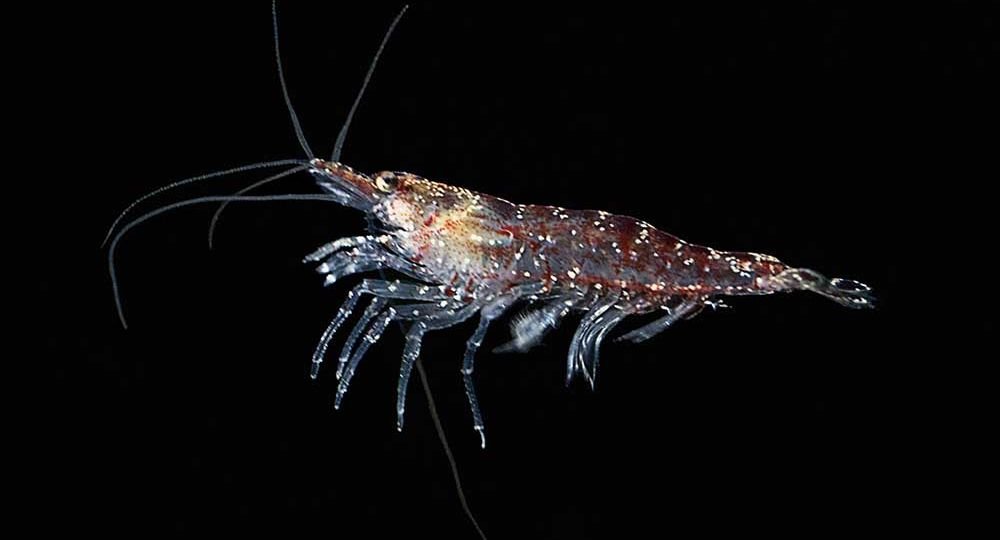
Scientists have recently discovered that great whales eat 3 times more than previously thought, an important discovery for the health of the oceans.
A study, published in Nature, explains why the death of whales is catastrophic for the marine ecosystem.
For Years People Thought the Wrong Thing
Between 1900 and 1970, industrial whaling wiped out about 1.5 million whales around Antarctica.
“The largest whale species on the planet were systematically hunted down, which in many cases reduced their numbers by more than 70%,” explained Nicholas Pyenson, author of the study and curator of fossil marine mammals at the Smithsonian Institution.
Scientists in the 1970’s had assumed that as there were fewer whales, krill and fish populations would increase but that was not the case, as the ecosystem never recovered and krill declined.
Whales Provide Much More Food Than Previously Thought
A study was conducted to research how whales fed, through sensors placed on the cetaceans, researchers were able to see when the whales were feeding on fish and krill. Using this technology, scientists found that whales ate three or more times the amount previously thought. This means that whales produce much more excrement than previously thought, a fact that explains the severity of the environmental damage caused by hunting. Whale excrement is rich in iron and is essential for the appearance of phytoplankton and small algae that, in turn, serve as food for krill, which is the main food of whales. Therefore, if whales die, this iron, which they produce through their excrement, falls to the bottom of the ocean, effectively abandoning the ecosystem.
This novel study highlights the role of cetaceans in the oceans and how protecting them is key to the health of the marine ecosystem. Although it is believed that whaling is the main cause of whale populations not recovering, the reality is that its impact is not as great as industrial fishing where they are trapped in nets or are struck by ships.
This is where great initiatives such as The Blue BOAT Initiative, implemented by MERI Foundation and the Ministry of the Environment, make sense. The project seeks to protect cetaceans through a network of smart buoys that use a hydrophone system to detect the presence of whales and alert vessels to avoid collisions. At the same time, these buoys include oceanographic sensors that allow monitoring the oceans to investigate their evolution in the face of global warming.
Learn more about this initiative at fundacionmeri.cl/theblueboatinitiative
Source: Nature

